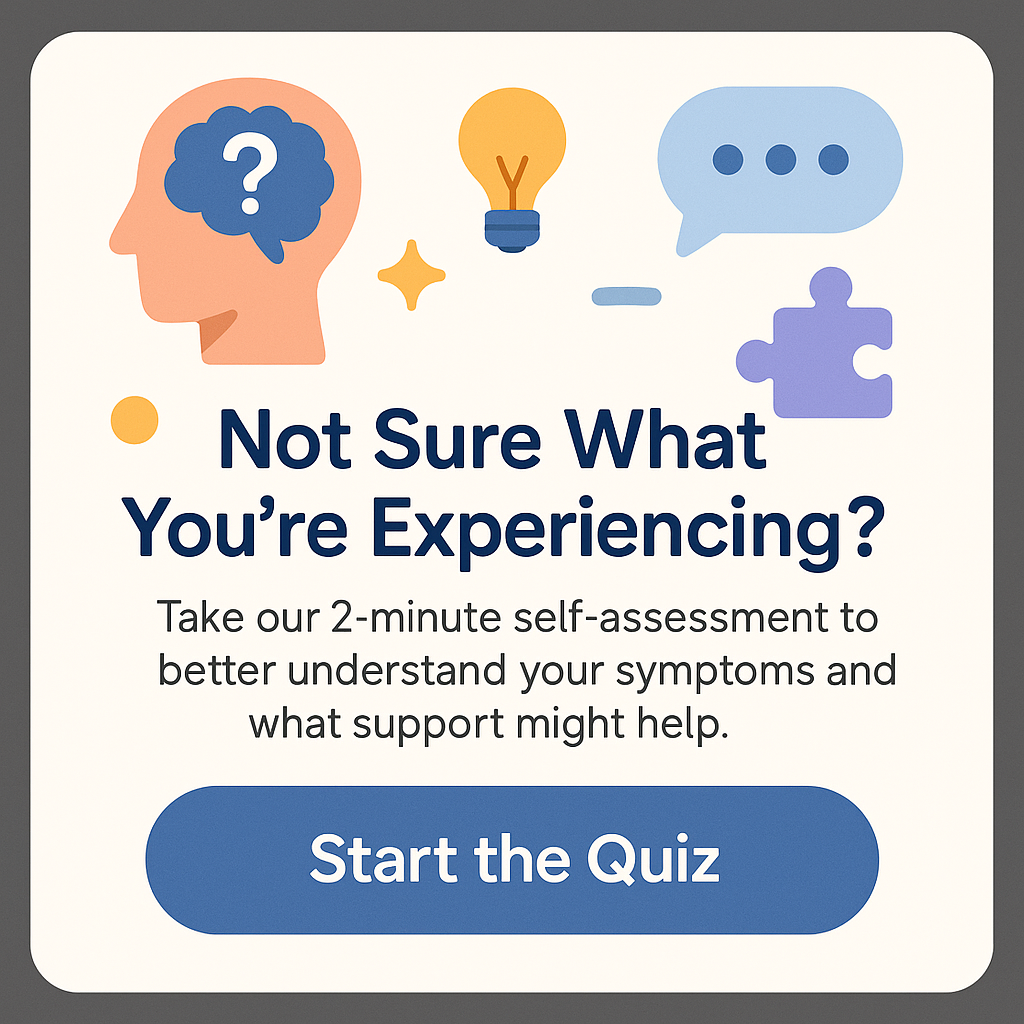What Do People With Autism Usually Do?
The neurodiverse community is rich in experiences, talents, and interests. Among its members, individuals with autism spectrum disorder (ASD) demonstrate a wide array of activities and preferences that reflect their unique personalities and perspectives. So, what do people with autism usually do? This question not only seeks to explore their daily routines but also aims to understand how they engage with the world around them—whether it’s through hobbies, social interactions, or educational pursuits. Join us as we delve into the activities many individuals with autism find fulfilling, as well as how society can better understand and support their diverse abilities.
Everyday Activities and Hobbies
Individuals with autism engage in countless activities just like anyone else. The range of what do people with autism usually do varies greatly depending on their interests, level of ability, and support systems. While some individuals may enjoy solitary activities, such as reading or drawing, others seek social engagements, like playing games or joining clubs. Here are some common hobbies and daily activities among individuals on the autism spectrum:
Creative Pursuits
Many individuals with autism express themselves through creative outlets. Artwork, music, and writing can serve as therapeutic avenues for communicating feelings that might otherwise be difficult to express verbally. Drawing, painting, and digital art are particularly popular among those who enjoy visual arts. It’s not uncommon for people with autism to develop specialized skills, such as digital animation, photography, or graphic design. This creativity often leads to remarkable works that resonate deeply with audiences.
Sports and Physical Activities
Physical activity can offer not only health benefits but also a social framework for engagement. Many individuals with autism participate in organized sports, martial arts, or recreational activities such as swimming. Engaging in group sports provides opportunities for teamwork and social interaction, which could otherwise be challenging for someone on the spectrum. Even those who prefer individual activities can find joy in hiking, biking, or running. Physical activities often contribute to improved overall well-being and self-confidence.
Technology and Gaming
In today’s digital age, technology plays a significant role in the lives of many individuals with autism. Many are drawn to video games, coding, or even robotics. Games provide not only entertainment but also challenges that can sharpen focus and problem-solving skills. In contrast, coding opens a world of possibilities for creativity and logic, allowing individuals to create their own games or apps. Some individuals with autism have even made careers in tech fields, often excelling in roles requiring heightened attention to detail.
Social Activities
Understanding what do people with autism usually do in terms of social activities requires recognizing the varying levels of comfort and interest in social settings. Some individuals may thrive in small, intimate gatherings, while others prefer large events. Joining clubs related to specific interests, such as reading, gaming, or arts and crafts, can provide a less overwhelming social environment. Games like chess or board games can also be fantastic for socialization, offering a chance to connect through shared interests.
Learning and Educational Pursuits
Education is a cornerstone of many individuals with autism. While the approach may differ for each person, many engage deeply with school subjects that interest them. For instance, some may have a keen interest in science or history, while others enjoy literature or mathematics. Online courses have broadened access to learning, allowing individuals to pursue topics that excite them at their own pace. This individualized approach to learning can foster a lifelong love of knowledge.
Social Interactions and Relationships
Understanding what do people with autism usually do in terms of social interactions is vital for fostering healthy relationships. Individuals with autism might face challenges in social cues, such as understanding body language, sarcasm, or tone of voice. However, personal relationships and social connections still hold great importance for them. Here are some insights into social interactions involving individuals with autism:
Building Friendships
Friendship can look different for individuals on the spectrum. Building connections may take more time, as many individuals prefer meaningful bonds over numerous acquaintances. One way friendships can develop is through shared interests—connecting over a common hobby, sport, or activity can break the ice and deepen connections. Many of those with autism thrive in settings that accommodate structured interaction, like gaming tournaments or book clubs, where rules and expectations are clear.
Communicating Effectively
What do people with autism usually do when it comes to communication? Often, they may express themselves differently, needing patience and understanding from their peers. Engaging in direct, clear conversations is key. Some individuals may also communicate through alternative means, such as visual supports, sign language, or assistive technology. Recognizing the preferred style of communication makes interactions more fruitful and enjoyable.
Participating in Groups and Activities
Participation in social communities, such as autism support groups or hobby clubs, can be incredibly beneficial. These environments are often tailored to nurture understanding and acceptance, making it easier for individuals to open up and share experiences. Support groups can act as safe spaces where people with autism can find camaraderie and receive support from others who truly understand their experiences. Group activities that allow them to showcase their skills—like a talent show or art exhibition—can also foster self-esteem and pride.
Community Engagement and Advocacy
When we explore what do people with autism usually do within their communities, it becomes evident that many individuals are passionate advocates for themselves or the broader autism community. Community engagement varies but often includes:
Volunteering and Activism
Many individuals with autism participate in volunteering, using their skills to contribute to social causes they believe in. Whether it’s helping out at local shelters, organizing awareness campaigns, or engaging in environmental projects, these activities provide fulfillment and purpose. Volunteering also promotes social skills development and an avenue for making new friends.
Sharing Personal Stories
A common activity that people with autism engage in is sharing their personal stories to raise awareness and understanding. By discussing their lived experiences, they contribute significantly to breaking down stereotypes and misconceptions. Social media has become a powerful tool for individuals to amplify their voices, connect with others, and foster greater acceptance in society.
Education and Training Programs
Many individuals with autism are involved in educational programs aimed at both teaching and learning. They may participate in workshops that teach essential life skills or join programs that provide knowledge about autism to help educate the general public. The contribution of autistic voices in these discussions is vital, as it ensures authenticity in advocacy and promotes better understanding from society as a whole.
Conclusion
So, what do people with autism usually do? It’s a multifaceted answer that encapsulates a variety of activities extending well beyond stereotypes. Individuals with autism exhibit interests and activities that reflect who they are. By recognizing their hobbies, social engagements, and community involvement, we gain a deeper appreciation for their unique contributions.
Understanding the activities people with autism engage in can lead to a more inclusive society where everyone’s interests and abilities are valued. As always, it’s essential to approach each individual with respect and openness to their personal narrative. With awareness and understanding, we can help create a world where everyone—regardless of neurological differences—can thrive. Embrace the diversity and enrichment that autism brings to our communities!
FAQs
1. What do people with autism usually do for fun?
People with autism enjoy various activities for fun, including creative pursuits, sports, playing video games, reading, or spending time in nature. What they choose often depends on personal interests.
2. How do people with autism typically socialize?
Socializing can be challenging for some individuals with autism, but they often engage in interest-based groups or activities, where structured environments ease the process of making friendships.
3. Are there any specific activities that help improve skills for individuals with autism?
Yes, activities like martial arts, music therapy, and art classes are beneficial in developing social skills, motor skills, and self-expression among individuals with autism.
4. How important is routine for those on the spectrum?
Routine can be incredibly comforting for many individuals with autism, providing predictability and security. Most prefer scheduled activities, as it helps alleviate anxiety.
5. Can individuals with autism excel in specific fields or professions?
Absolutely! Many individuals with autism excel in areas like technology, mathematics, science, the arts, or any field where they can apply their focus and specialized interests, often leading to successful careers.
Who Carries the Autism Gene, Mother or Father? Discover the Truth







